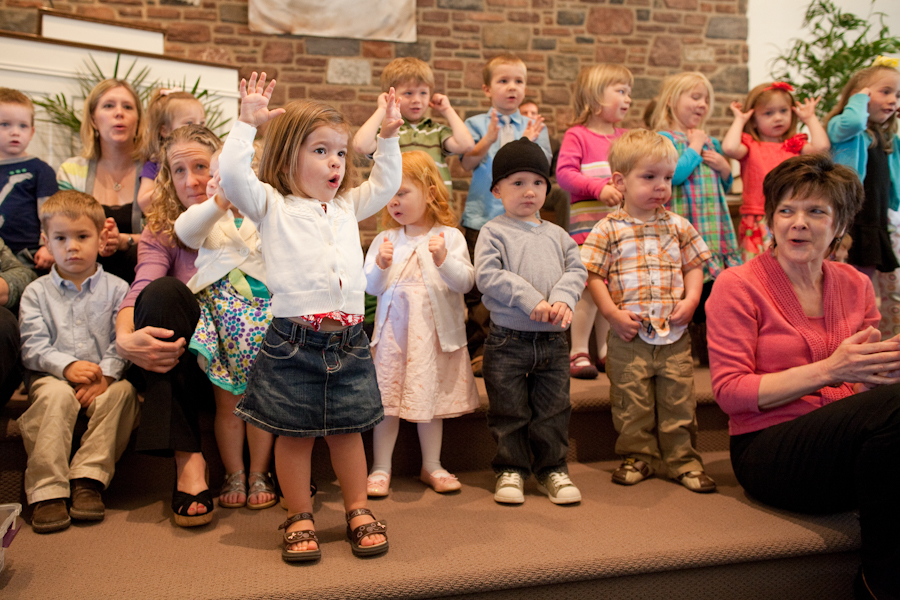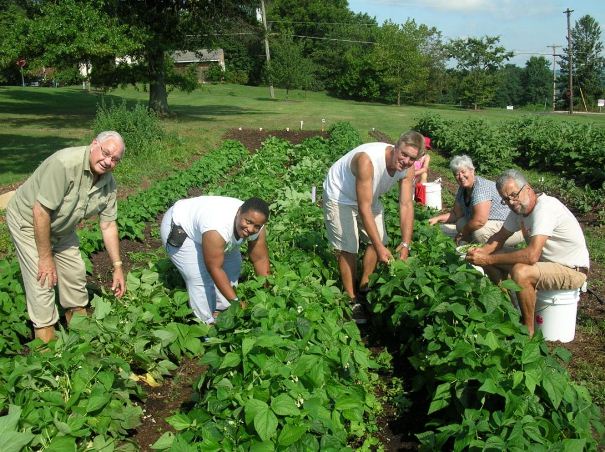 Salford Mennonite Church, located in Harleysville, Pa., was founded in 1717. An agrarian congregation throughout its history, the past 50 years has seen a transition to a suburban and professional lifestyle for its members.
Salford Mennonite Church, located in Harleysville, Pa., was founded in 1717. An agrarian congregation throughout its history, the past 50 years has seen a transition to a suburban and professional lifestyle for its members.
Church leadership consists of a pastoral team of four (lead pastor Joe Hackman and three associate pastors, Maribeth Benner, Ben Wideman and Beth Yoder) with additional support staff, and a church board made up of nine members. Present membership is 450, with an average Sunday morning attendance of 300.
Our mission statement declares our desire to be “A joyful, learning community eager to live and share the peaceable way of Jesus.” We have a sister church relationship with Dios Con Nosotros in Mexico City, and a local neighbor relationship with Advent Lutheran Church of Harleysville.
 We have a garden ministry shared with Advent Lutheran, regularly participate in Mennonite Disaster Service trips, Chosen 300 Meal Ministry feeding the hungry in Philadelphia, and an active Justice and Peace ministry. Our facility is active during the week with Salford Mennonite Child Care Centers (campuses at Salford and Dock Woods community).
We have a garden ministry shared with Advent Lutheran, regularly participate in Mennonite Disaster Service trips, Chosen 300 Meal Ministry feeding the hungry in Philadelphia, and an active Justice and Peace ministry. Our facility is active during the week with Salford Mennonite Child Care Centers (campuses at Salford and Dock Woods community).
Our congregational focus for the next few years is “Learning to Listen: across the generations, in our personal lives, and in our local community.” See our website and our photoblog for more glimpses of life and ministry at Salford.











